
Discover the places across the world where democracy is improving and declining – and why – according to the Economist Intelligence Unit
By
A core tenet of the UN, democracy is pivotal for the freedom of citizens, the respect of human rights and the betterment of societies. Comparing democracies across the world in a quantifiable may seem like a challenge, but isn’t as difficult as it might seem.
Using the Democracy Index – created by the Economist Intelligence Unit in 2006 – it is possible to create a level playing field to which 165 countries and two territories can be compared.
Each year, they are scored on 60 indicators grouped into five categories. These indicators include whether citizens can choose their political leaders in free and fair elections, enjoy civil liberties, participate in politics, and have a functioning government that acts on their behalf. This data is then analysed by the Our World in Data organisation to produce a score – ranging from 1 (least democratic) to 10 (most democratic).
So where across the globe has experienced an improvement in its democracies, and where has seen a decline?
Enjoying this article? Check out our other related reads:
The percentages used here are the relative changes that countries have experience from 2006 to 2023 in their score. Those with the most positive change – in other words, the countries that have become more democratic according to the Democracy Index – are listed below in reverse order:
5) Nepal: +35 per cent
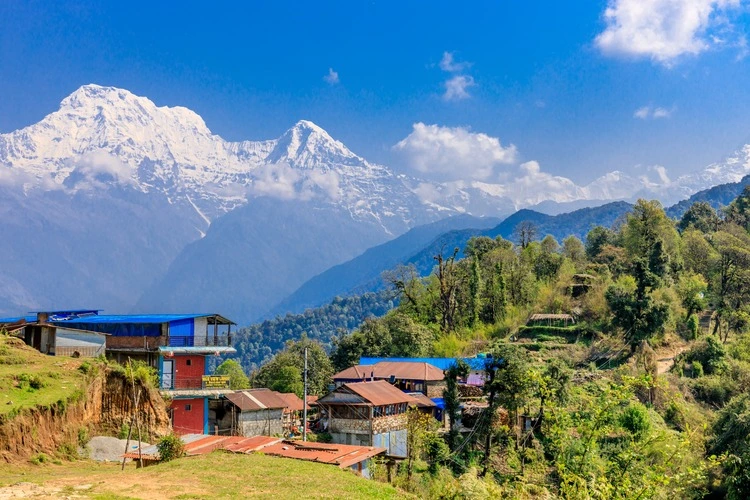
Following the constitutional crisis in 2021, Nepal has since remained relatively stable with a score increasing from 3.4 to 4.6. Many parties are committed to democratic processes in the country – with recent party mergers and splits – and authorities have become more accepting of peaceful assembly too as political violence decreases.
However, the country faces issues regarding corruption, with officials obstructing the delivery of foreign aid historically. Bribery is also common in the housing market as well as during university admittance processes. It is ranked as ‘Partly Free’ by Freedom House – an American NGO which monitors democracy around the world.
4) Togo +71 per cent
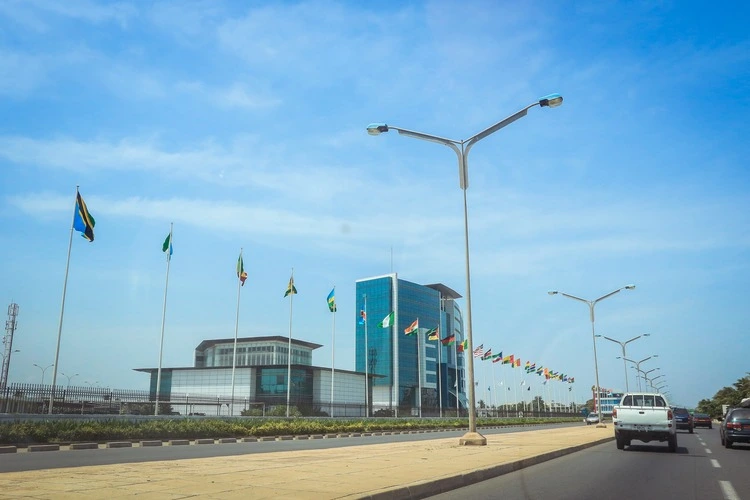
Sitting at 1.8 in 2006, Togo’s score has risen to 3.0 by 2023 and is ranked as ‘Partly Free’ in Freedom House’s latest report. Regular multiparty elections have taken place in the country, and opposition parties are generally free to form and operate. However, the dominance of the current UNIR party means other parties’ visibility is undermined.
A 2016 law was passed to ensure the right to access government information, although some of this is exempt and most public officials are not required to disclose their assets.
Religious freedom in the country is protected and respected in practice, with Islam, Catholicism and Protestant Christianity recognised by the state.
3) Angola: +73 per cent

Angola’s democracy score has increased from 2.4 to 4.2 between 2006 and 2023, rising due to measures including the decriminalisation of same-sex relations in 2019. While it takes third spot of highest increases, the country is still listed as ‘Not Free’ according to Freedom House.
The country has been ruled by the same party since independence, with authorities repressing political descent. It is known that the government actively monitors online activity.
Child labour is a serious issue within the country, with foreign workers often subjected to sex trafficking and forced labour in construction and mining industries.
2) Tunisia: +80 per cent
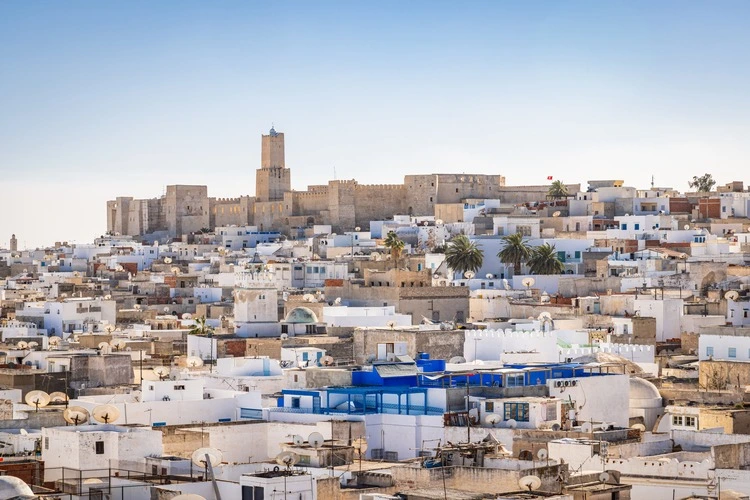
Tunisia’s democracy score has increased from 3.1 in 2006 to 5.5 by 2023, largely due to the ousting of a longtime autocrat in 2011. Ranked as ‘Partly Free’ according to Freedom House, citizens have been involved in several multiparty elections, with stronger political rights and civil liberties.
However, the country also faces issues relating to gender inequality as well as endemic corruption.
1) Bhutan: +111 per cent

Bhutan takes the top spot with the biggest increase in its democracy score, from 2.6 to 5.5 and is ranked as ‘Partly Free’ by Freedom House. Key developments that have helped the country’s score include the Parliament’s decision to decriminalise same-sex marriages, as well as multiple credible elections which transfer power to opposition parties. Turnover of governmental control is regular in the country, and Bhutan has also transitioned from a system of monarch-dominated governance into a system where elected officials determine policies and legislation.
Salaries of government officials are now public, and central and local budgets are open to review.
However, Bhutan still faces several issues with citizen freedom, according to Freedom House. While private media outlets are present in the country, these often depend on the funding of state bodies and so self-censorship can exist. Bhutan’s constitution also protects freedom of religion, but there have been reports that local authorities harass non-Buddhists. As well as this, Christian churches have often faced difficulty in obtaining registration from the Bhutanese government.
But what about the countries with the most declining democracies? Here we look at those places with the sharpest decline in democracy scores between 2006 and 2023, according to the index.
5) Burundi -53 per cent
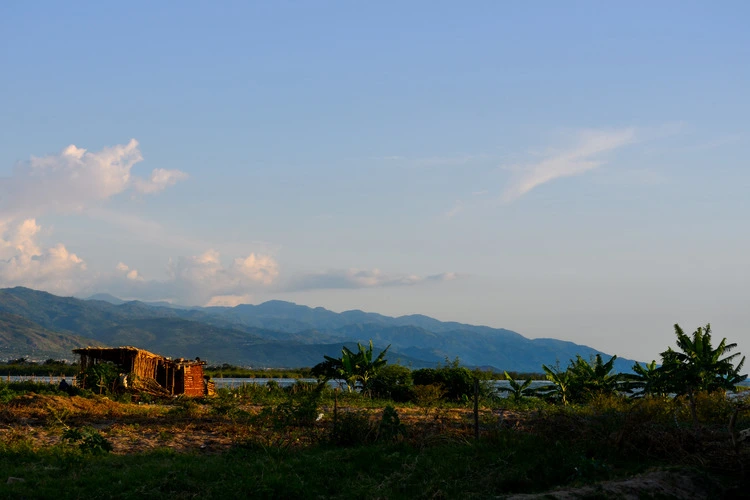
At number five is Burundi, with a score of 2.1 in 2023, down from 4.5 in 2006. Since 2015, the country has faced significant political and economic crises, with a move toward authoritarian politics and repression of opponents of the ruling parties. It has a status of ‘Not Free’ according to Freedom House.
The activity of opposition parties is discouraged due to threats of violence and arrest – and previous assassination attempts and assassinations during public appearances – making it difficult for them to gain power. Citizens who do not support the ruling party may lose employment.
Same-sex sexual activity is punishable in the country, including up to two years in prison. Human trafficking is also a serious issue within the country, but corruption and complicity by government officials is still a significant concern.
4) Russia: -56 per cent
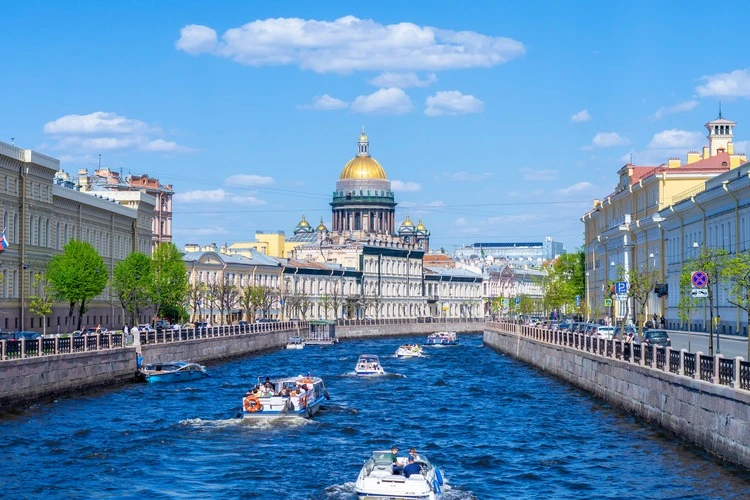
Russia’s democracy score has dropped from 5.0 to 2.2. With a status of ‘Not Free’ according to Freedom House, the Russian government has added almost 20,000 detentions for alleged antiwar activities between February 2022 and 2023.
The Russian government also controls – directly or via state-owned companies and relationships to businesses – all national television networks, most of the media advertising market and radio and print outlets.
Within the country, the promotion of ‘non-traditional sexual relations and/or preferences’ is banned, with a 2023 Supreme Court decision designating the ‘international LGBT public movement’ as an extremist organisation.
3) Venezuela: -57 per cent
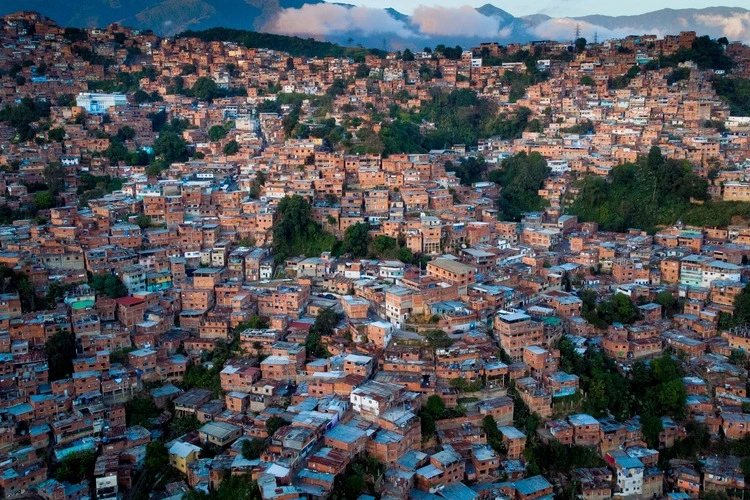
Venezuela has seen a sharp decrease in its democracy score to just 2.3, from 5.4 back in 2006 and is deemed ‘Not Free’ by Freedom House. Its democracy has been deteriorating since 1999, but has become worse in recent years due to harsh government crackdowns on the opposition parties.
Corruption is a severe problem within Venezuela, with economic policies offering opportunity for illicit and illegal activities to occur between public officials and organised crime networks. Government spending is not publicised, which make it difficult to create effective policies to tackle issues in the country.
Media outlets in the country have decreased, with six radio stations forced to close in 2023 alone.
2) Mali: -57 per cent
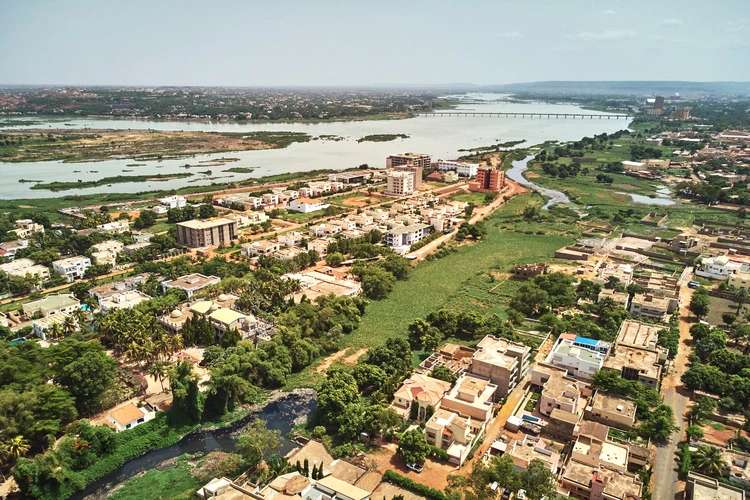
Mali’s democracy score plunged from 6.0 in 2006 to just 2.6 by 2023, and is ranked as ‘Not Free’ by Freedom House. An insurgency beginning in 2012 in Northern Mali, as well as a military coup in the same year, has led to the country being in a fluctuating state of crisis and development.
Freedom of religion is within Mali’s constitution but armed extremist groups in the country can attack those who do not follow a strict interpretation of Islam, with reports of targeted kidnappings and violent harassment of Christians.
Since the military coup in August 2020, freedom of expression in the country has become limited, and it can be dangerous for individuals to speak to one another about the deteriorating security situation.
1) Nicaragua: -60 per cent
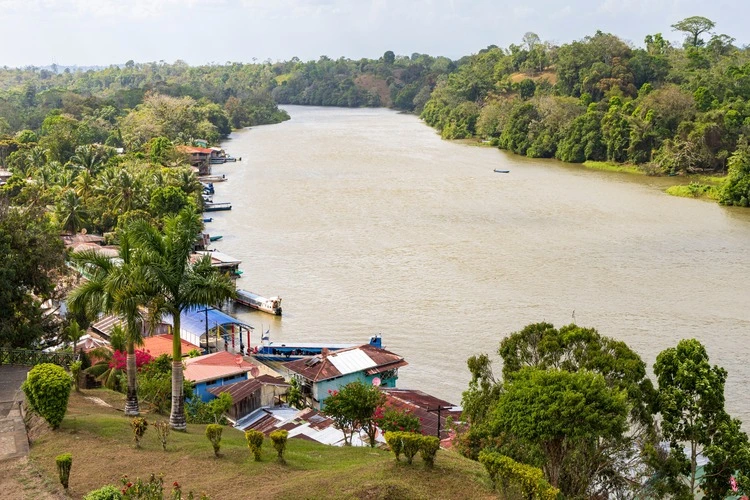
The country with the sharpest decline in its democracy score is Nicaragua, dropping from 5.7 to 2.3 and with a ranking of ‘Not Free’ by Freedom House. Following the 2016 election of Daniel Ortega, the country has experienced a deterioration in democracy.
Political parties face both legal and practical obstacles to forming, as well as operating. Opposition activities are curtailed by the government via legislation, repression and violence.
Free expression is limited in the country, with state and pro-government forces monitoring activities of individuals opposing the regime.




